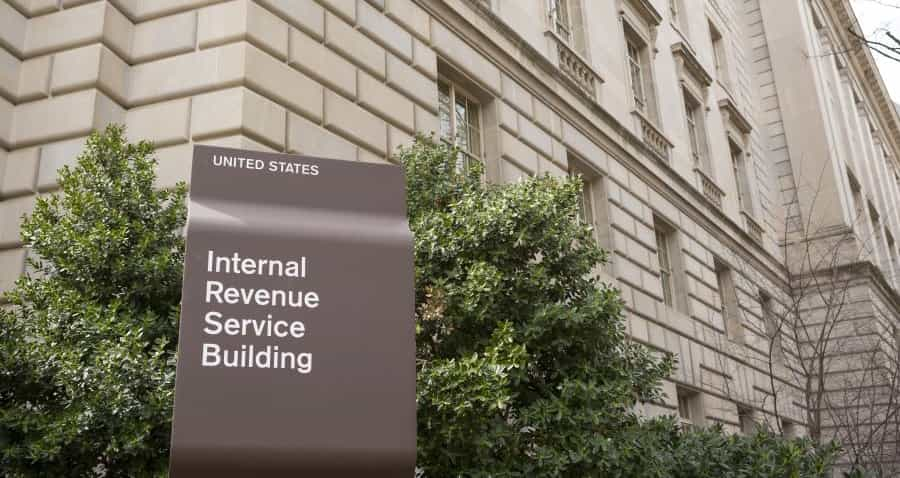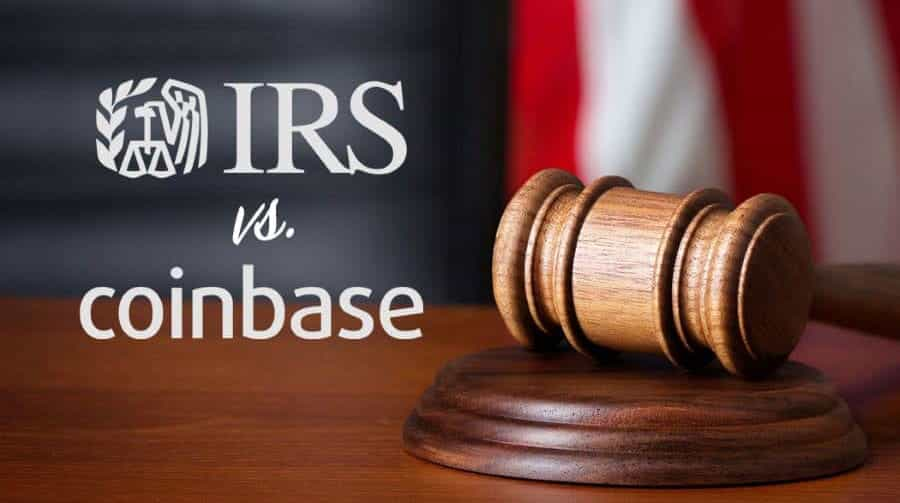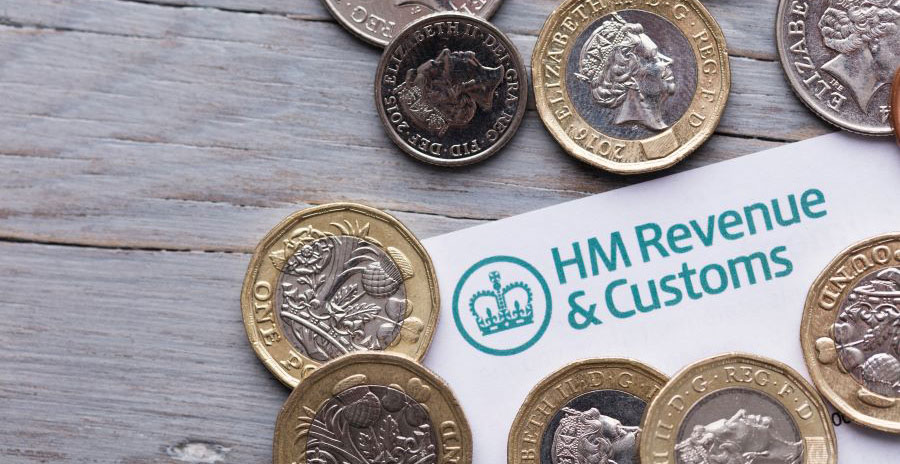You’re almost certainly breaking some sort of journalistic convention if, when writing about taxation, you neglect to open with a reference to Benjamin Franklin.
Your readers won’t all have an in-depth knowledge of the Founding Fathers and their work, but you can be reasonably sure they’ll be familiar with the quote. Yes, you know the one. The one that says, ‘in this world nothing can be said to be certain, except death and taxes.’
It’s hard to argue with Benjamin on this one. Nobody’s yet managed to cheat death, though not for want of trying, and it seems that, sooner or later, the taxman catches up with everyone. Al Capone may have been able to literally get away with murder – and much else besides – but even he was eventually brought to heel for tax evasion. Perhaps the best answer to Franklin’s gloomy assertion is to cite the late, great Terry Pratchett and say well, at least death doesn’t come around every year.
Yes, taxes are a part of life and a fact we all have to face up to. None of us likes paying them – even the people who work for tax authorities themselves problem hate them as much as anyone – but pay them we must. You can try any number of ways to avoid paying your dues: moving to some Caribbean tax haven, hiring dodgy accountants, becoming president of the United States, but those folks from the Revenue will still be on your tail.
Taxation and Crypto
It’s tempting to think that, by holding crypto, you’re somehow beyond the reach of the tax authorities. After all, crypto is a whole new asset class, isn’t it? Nobody’s figured out how to tax it and even if they have, you can just keep your funds in an anonymous wallet and not declare them, right? Wrong.

All over the world, authorities are taking an increasing interest in crypto and putting ever more resources into taxing it. It is true that, for several years after the emergence of Bitcoin, most tax authorities either ignored cryptocurrencies or struggled to figure out how to deal with them.
They are after all an entirely new form of money, one without any government backing and – in Bitcoin’s case – no centralised authority controlling it. Such a disruptive technology was always going to take time to get to grips with.
It will surprise precisely no-one to learn that, among others, America’s Internal Revenue Service (IRS) has taken a keen interest in crypto. Hiding from the IRS isn’t easy unless you’re either ensconced in the White House or a massive corporation. It’s the largest, most well-resourced tax collector in the world and sure as hell was never likely to take the emergence of crypto lying down.
That said, the US has had its issues over regulatory clarity. Although the Treasury Department and the Financial Crimes Enforcement Network (FinCEN) had issued guidelines relating to crypto in March 2013, it wasn’t until over a year later, in March 2014, that the IRS put forward its own thoughts on the question of taxation.

It was then another six years before anything of note was heard from the IRS regarding crypto. In the meantime, other US government bodies, notably the Securities and Exchange Commission (SEC) waded into the fray to offer their views on how crypto should be viewed and regulated.
The sheer number of interested parties is one reason why US regulation and guidance around the crypto space has been so uncoordinated. Speaking to Cointelegraph back in 2019, Carol Goforth, Professor of Law at the University of Arkansas said,
Regulatory authority in the U.S. is split among too many diverse agencies, and they all have their missions and their interests to assert. In addition to FinCEN, the SEC, the CFTC, and the IRS all chiming in on how to categorize and treat cryptoassets, you have 50 state governments to think about as well.
This haziness and uncertainty about how US authorities view crypto may have lulled some into a false sense of security. If they were to keep their crypto holdings quiet then perhaps there was a good chance the fog of regulatory uncertainty would keep them safe.
But the IRS had other ideas. In 2019 it issued further guidelines regarding the taxation of crypto assets. Its initial guidelines of 2014 had clearly stated that it regarded crypto assets as taxable and ‘a capital asset in the hands of a taxpayer.’ Employees being paid in crypto were liable for tax on those earnings and income from what the IRS termed ‘virtual currencies’ should be reported.
By 2019, the waters had been muddied, as the crypto space had evolved and become more complex. Issues like airdrops, hard forks and staking had thrown up questions that needed answering. The IRS duly clarified its stance on these issues, but the broader message remained the same: pay up of face the consequences. In her overview of the 2019 IRS guidelines, tax attorney Guinevere Moore summed the situation up thus:
The need for additional guidance on the tax treatment of virtual currency is obvious, but the IRS is not waiting for such guidance to be issued before enforcing the tax laws. Instead, the IRS has made virtual currency tax enforcement a priority both in the civil and criminal divisions of the agency. Taxpayers who have virtual currency need to get real about the IRS.
Even though there may be a lack of a unified and coherent stance from all the various US regulatory bodies, crypto holders shouldn’t take that as an excuse to keep their sats under wraps.

Not all countries are as desperate to tax cryptocurrencies as the US and we will look at some of those later on. Many of those countries that do levy taxes on crypto have different views to those of the IRS. However, when looking at the thorny issue of crypto taxes, it’s safe to assume that, as in so many other fields, where Uncle Sam leads, most of the rest of the world will eventually follow. The American century hasn’t quite run out of steam yet.
The IRS Searching for Crypto Holders
For those persisting with the idea that they might be able to keep the taxman at bay, recent news will have come as something of a downer. Just days ago, the IRS announced that it was actively pursuing those crypto holders who have so far failed to declare what they owe.
Specially-trained agents are now running what has been termed ‘Operation Hidden Treasure’, in order to track down those hiding their crypto assets. This may include those simply not declaring any profits from the trading of crypto, but also those more actively seeking to hide their activities.

One particular area of scrutiny is what the IRS itself terms ‘tax evasion signatures’ – signs that more proactive steps may have been taken to keep crypto holdings off of tax returns. These signatures include such tricks as ‘structuring’ transactions to keep them just under the $10,000 reporting threshold, as well as using shell companies to move assets.
Those looking to try and hoodwink the IRS should be aware that the tools available to the taxman are becoming more sophisticated. These, combined with the fact that blockchains handily record and immutably store all transactions made on them, are making it harder and harder for crypto assets to be successfully hidden.
Blockchain analytics companies are big business these days and will continue to grow in popularity. Perhaps the best-known is Chainalysis, which states that it works with ‘government agencies, exchanges, financial institutions, and insurance and cybersecurity companies in over 50 countries.’

When talking about its work with government agencies, Chainalysis puts the emphasis on fighting criminals who use cryptocurrencies to fund ‘crimes such as money laundering, terrorism financing, and human trafficking.’ A hodler trying to keep their stack under wraps may not be in the same league as someone using bitcoin to fund a terror cell, but both are criminals in the eyes of the IRS.
The likes of Chainalysis, as well as other analytics firms such as Elliptic and Elementus make it possible for the likes of the IRS to keep track of who is buying and selling crypto and what they’re using it for. This and other data can then give a good idea of who is being upfront about what they hold and who isn’t. If you’re a US taxpayer who falls into the latter category then yes, you should be worried.
The IRS has already taken steps to counter the chronic under-reporting of crypto interests from taxpayers. In 2017 it went up against Coinbase, requesting access via a summons to its customer records. When Coinbase refused to make the information available the case went to court.
The IRS made the case that, despite Coinbase having around six million customers and processing around $6 billion in bitcoin between 2013 and 2015, fewer than 1,000 IRS 8949 forms reported crypto transactions. The court enforced the summons, noting:
That only 800 to 900 taxpayers reported gains related to bitcoin in each of the relevant years and that more than 14,000 Coinbase users have either bought, sold, sent or received at least $20,000 worth of bitcoin in a given year suggests that many Coinbase users may not be reporting their gains. The IRS has a legitimate interest in investigating these taxpayers.

The victory over Coinbase gave the IRS confidence to seek further compliance from the industry and the news of Operation Hidden Treasure shows that it has not lost focus.
Crypto Tax Across the World
As the cryptoassets sector continues to develop, tax authorities across the world are constantly playing catch-up. In the UK, Her Majesty’s Revenue and Customs (HMRC) admits as much on its website, where it states that,
HMRC will look at the facts of each case and apply the relevant tax provisions according to what has actually taken place (rather than by reference to terminology). Our views may evolve further as the sector develops.
That said, HMRC’s stance on the taxability of crypto is clear. It considers an individual’s crypto holdings to be subject to capital gains tax (CGT) when disposed of ‘in the vast majority of cases.’ In some instances, such as if an individual receives payment from their employer in crypto, or receives it via an airdrop or mining activities, then income tax and national insurance is deemed to be payable on it.

If you make a loss on your crypto trading in the UK then that can be offset against your income to potentially reduce your tax bill. It seems that the UK tax authorities consider crypto to be much like any other asset and view it as property liable for inheritance tax. While HMRC may lack the doggedly aggressive stance of the IRS, it too is unequivocal in its desire to tax crypto wherever possible.
The picture is similar in Australia, where again CGT is payable if you dispose of your crypto assets. It is also applicable if you exchange one crypto asset for another, with the Australian Taxation Office (ATO) saying,
Because you receive property instead of money in return for your cryptocurrency, the market value of the cryptocurrency you receive needs to be accounted for in Australian dollars.
The same is true in Canada where either CGT or income tax is payable. The Canada Revenue Agency (CRA) states that it,
…generally treats cryptocurrency like a commodity for purposes of the Income Tax Act. Any income from transactions involving cryptocurrency is generally treated as business income or as a capital gain, depending on the circumstances. Similarly, if earnings qualify as business income or as a capital gain then any losses are treated as business losses or capital losses.
Image – something Canadian
In the Anglophone world, at any rate, crypto tax legislation seems to be developing a level of consistency, with governments considering those mad gains we’ve all been making to be capital assets. This means that, if you live in one of the countries mentioned above, the onus is on you to make sure that you’re able to comply with the rules laid down. For those living elsewhere, the Library of Congress has put together a useful rundown of legislation from other territories.
Keeping Tabs on Your Tax
There are a few steps you can take to ensure you stay on top of your tax obligations when it comes to your crypto holdings. The first is applicable for taxes liabilities of any sort: good record-keeping. Stay on top of what you’ve sold and what you’ve bought, as well as all profits and losses.
The easiest way to do this is to use a spreadsheet (Google Sheets works well for this purpose) and update it whenever you make a transaction. This way you can keep a running tally and have it all in one place when the time comes to do those taxes.
Then there are a number of useful online tools that you can use to help make the process of managing your crypto taxes a whole load easier. Guy covered four of the best last year in his video. These include the likes of Koinly and CryptoTrader.Tax, both of which offer easy-to-use platforms which can process your crypto transactions and give you a tailored report as to what you owe.
Another platform not covered in the video is Accointing, which also markets itself as ‘the all-in-one Bitcoin and crypto platform.’ As well as taxes, it also lets you keep track of your portfolio and the markets. The platform which actually pays the tax for you and lets you get on with life in peace is sadly not yet a reality Something for the devs out there to ponder, perhaps?

Alternatively, if you’re one of those extreme libertarian types who consider the very idea of taxation to be an affront to human decency then you could take yourself off to one of the countries that have more a more relaxed attitude to crypto taxation.
Getting Away From Crypto Taxes
A handful of countries have seen fit to avoid the sort of levies on crypto that are generally found elsewhere. On hearing this you may assume that these are the sorts of countries where anyone with a shady past can buy a new life if they bribe the right officials, but you’d be wrong.
Germany is top of the list (yes, Germany!) as the government there does not impose CGT on assets held for more than a year. German regulators do not see bitcoin as a currency, so do not tax it from an income standpoint either, while all bitcoin transactions are exempt from VAT too.

Meanwhile in Singapore CGT is non-existent, meaning that those hodling their sats are exempt from paying any tax on them. If you’re a business based there that trades crypto though, you will incur income tax on any profits you make. You have a good chance of qualifying for residency in Singapore if you’re the entrepreneurial type too.
If Singapore isn’t the corner of South-East Asia for you, then neighbouring Malaysia may be a better bet. CGT isn't a thing here either, and no other taxes are levied on cryptos or their transaction.
Back in Europe, Portugal has made crypto exempt from both VAT and income tax for individuals, though businesses are liable for tax on their crypto gains. Malta meanwhile will tax profits made from trading, but not long-held crypto assets.
Switzerland is already home to some big names in crypto, including the Ethereum Foundation and the Libra Association, but does tax profits from crypto mining, professional trading and wage income. However, if you trade purely for your own benefit, then crypto gains are once again exempt from CGT. That said, the Swiss government does levy an overall wealth tax which does include any crypto holdings an individual may have. The cost of living there too is also pretty sky-high.
Finally, Belarus may not be top of most people’s wish list of places to live, but if you hold crypto then perhaps it’s worth considering. Both mining and holding crypto are tax-exempt until at least 2023, thanks to a law of 2018 which legalised all crypto-related activities in the country. A little off the beaten track perhaps, but then those taxmen do have a long reach.
Taxes are A Necessary Evil
Nobody likes paying tax. It’s been around forever and it’s not going to disappear. It’s true that crypto’s arrival caught tax authorities the world over by surprise and, for a while at least, those gains could be kept off the books. But not anymore. There’s far too much money at stake for governments to be able to ignore the crypto space or wait for it to go away. Crypto is big business, it’s here to stay and so the powers that be want their slice of the cake.

The IRS is leading the charge against those who want to avoid paying tax on their crypto and, with blockchain analytics experts backing them up, it’s going to be impossible for all but the most sophisticated hodler to keep their sats away from prying eyes. The men in suits ain’t no fools and they’re getting as wise to all that crypto has to offer as the rest of us.
Many will argue that cryptocurrencies should offer the individual freedom from the world of mainstream finance – a freedom that should include taxation as well as everything else. Others will point out that crypto should be about building a fairer society – one that will remain elusive if people are able to accumulate vast wealth and not be forced to share it around. Hell, there are enough of those already, do we really need more?
The debate between libertarians (anti-taxxers?) and those who see the age-old need for taxation will never be resolved. Perhaps though we can all agree with Gone With The Wind author Margaret Mitchell, who wrote in that same book: ‘Death, taxes and childbirth! There's never any convenient time for any of them.’
Disclaimer: These are the writer’s opinions and should not be considered investment advice. Readers should do their own research.


